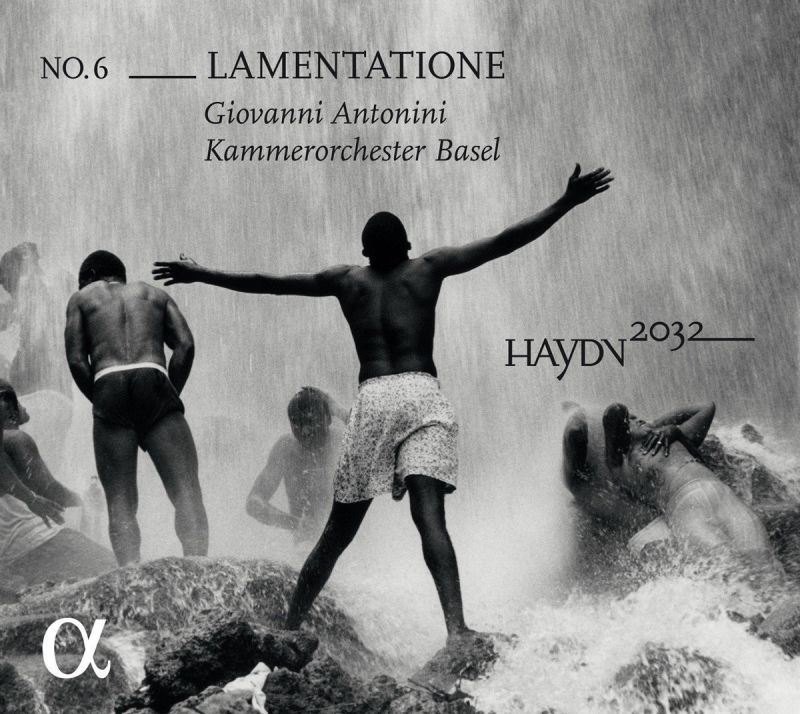Haydn 2032 – No 6, Lamentatione
View record and artist detailsRecord and Artist Details
Composer or Director: Joseph Haydn
Genre:
Orchestral
Label: Alpha
Magazine Review Date: 08/2018
Media Format: CD or Download
Media Runtime: 67
Mastering:
DDD
Catalogue Number: ALPHA678

Tracks:
| Composition | Artist Credit |
|---|---|
| Symphony No. 3 |
Joseph Haydn, Composer
Basel Chamber Orchestra Giovanni Antonini, Conductor Joseph Haydn, Composer |
| Symphony No. 26, 'Lamentatione' |
Joseph Haydn, Composer
Basel Chamber Orchestra Giovanni Antonini, Conductor Joseph Haydn, Composer |
| Symphony No. 30, 'Alleluja' |
Joseph Haydn, Composer
Basel Chamber Orchestra Giovanni Antonini, Conductor Joseph Haydn, Composer |
| Symphony No. 79 |
Joseph Haydn, Composer
Basel Chamber Orchestra Giovanni Antonini, Conductor Joseph Haydn, Composer |
Author: David Threasher
There seems little need to rehearse again my admiration for the musicianship on show in this series. This is playing of a class that has often been denied Haydn, so frequently the victim of cynical rehearse/record schedules. The leisurely pace of the ‘Haydn 2032’ project allows the players to live with the music and make sure it falls truly under the fingers by the time they find themselves under the microphones. As one listens more, one realises the extent to which Antonini and his ensembles are ‘in tune’ with Haydn – even in his most neglected symphonies – to a greater extent than almost any other band. There’s not only a fluency to the playing but a palpable joy in the corporate sound made by these musicians.
Lamentatione’s agitation and Alleluia’s celebration are characterised and played as finely as any other performances on record. The seriousness of intent behind No 3 lifts it from its status as simply ‘early Haydn’, granting it a dignity that rescues it from lazy accusations of primitiveness that often attend these works from the dawn of the Classical symphony. No 79 receives only its second period-instrument recording. Antonini captures the pure entertainment value of the work just as completely as Ottavio Dantone but there’s a greater warmth here. As for that Un poco allegro that makes such an unexpected coda to the slow movement, Antonini is less allegro, more un poco – and very pleasing it is, too.
Explore the world’s largest classical music catalogue on Apple Music Classical.
Included with an Apple Music subscription. Download now.

Gramophone Digital Club
- Digital Edition
- Digital Archive
- Reviews Database
- Events & Offers
From £9.20 / month
Subscribe
Gramophone Club
- Print Edition
- Digital Edition
- Digital Archive
- Reviews Database
- Events & Offers
From £11.45 / month
Subscribe
If you are a library, university or other organisation that would be interested in an institutional subscription to Gramophone please click here for further information.






